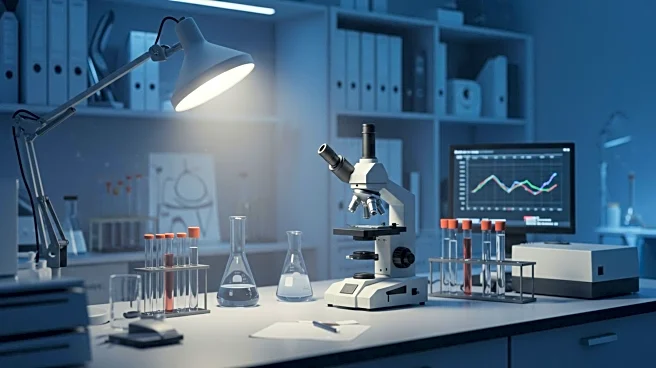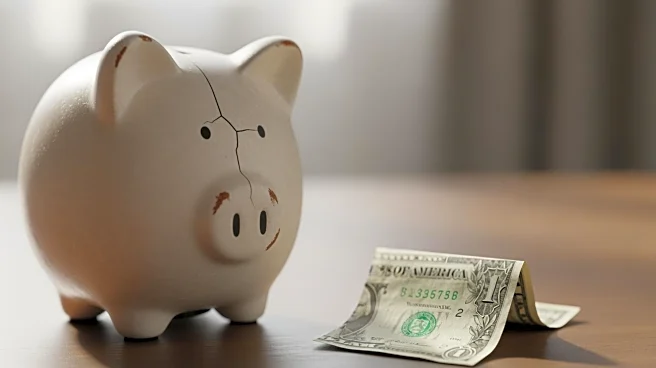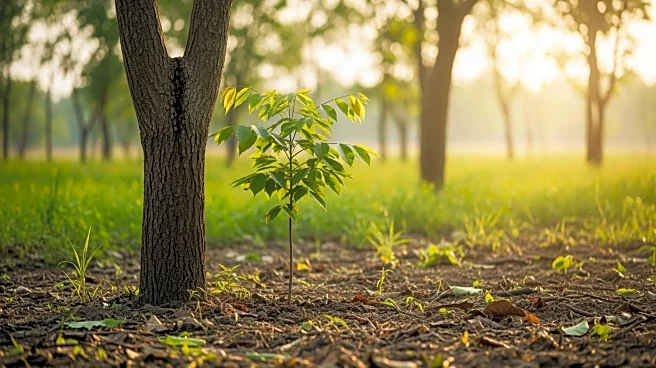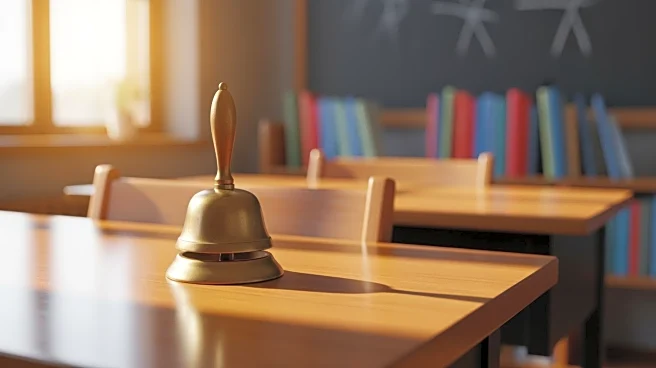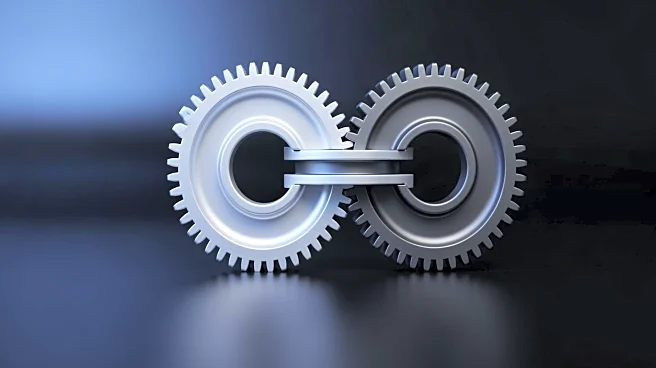What is the story about?
What's Happening?
Texas lawmakers are currently debating House Bill 5, which proposes a blanket ban on products containing any detectable amount of cannabinoids other than cannabidiol (CBD) and cannabigerol (CBG). This bill aims to eliminate most hemp products, including those legal under federal law. During a recent committee hearing, officials from Texas crime labs expressed concerns about their ability to enforce such a ban due to limited resources. Peter Stout, CEO of the Houston Forensic Science Center, highlighted the challenges faced by crime labs, emphasizing the need for additional resources to manage the potential increase in caseloads. The Senate's version of the bill also supports a ban, but Governor Greg Abbott previously vetoed similar legislation, leading some lawmakers to consider more regulations instead. The debate continues as experts discuss the health risks associated with THC and the complexities of enforcement.
Why It's Important?
The proposed THC ban in Texas could significantly impact the state's hemp industry, which has been operating under federal guidelines. If enacted, the ban would require crime labs to test for THC presence in products, potentially increasing their workload and straining existing resources. This situation underscores the broader issue of resource allocation within forensic labs, which are already dealing with high-priority cases like fentanyl and sexual assault. The outcome of this legislative process could affect consumer access to hemp products and influence the regulatory landscape for cannabinoids in Texas. Stakeholders, including lawmakers, industry representatives, and public health officials, are closely monitoring the situation to balance public safety concerns with economic implications.
What's Next?
As the legislative process unfolds, Texas lawmakers will continue to debate the merits of a THC ban versus increased regulation. The bill will undergo further public hearings and floor debates, with its final form yet to be determined. Crime labs are preparing for potential changes in their operational demands, depending on the outcome. If the ban is implemented, labs will need to prioritize THC testing, which may require additional funding and personnel. Conversely, if regulation is favored, labs will face the challenge of detecting permissible THC levels, which could complicate testing procedures. The decision will have lasting effects on law enforcement practices and the hemp industry in Texas.
Beyond the Headlines
The discussion around House Bill 5 highlights ethical and legal considerations in drug policy. The potential ban raises questions about consumer rights, industry regulation, and the role of government in controlling substance availability. It also reflects broader societal debates on cannabis legalization and its implications for public health and safety. The resource constraints faced by crime labs illustrate systemic issues in forensic science funding and workforce development, which could influence future policy decisions beyond the immediate context of THC regulation.
